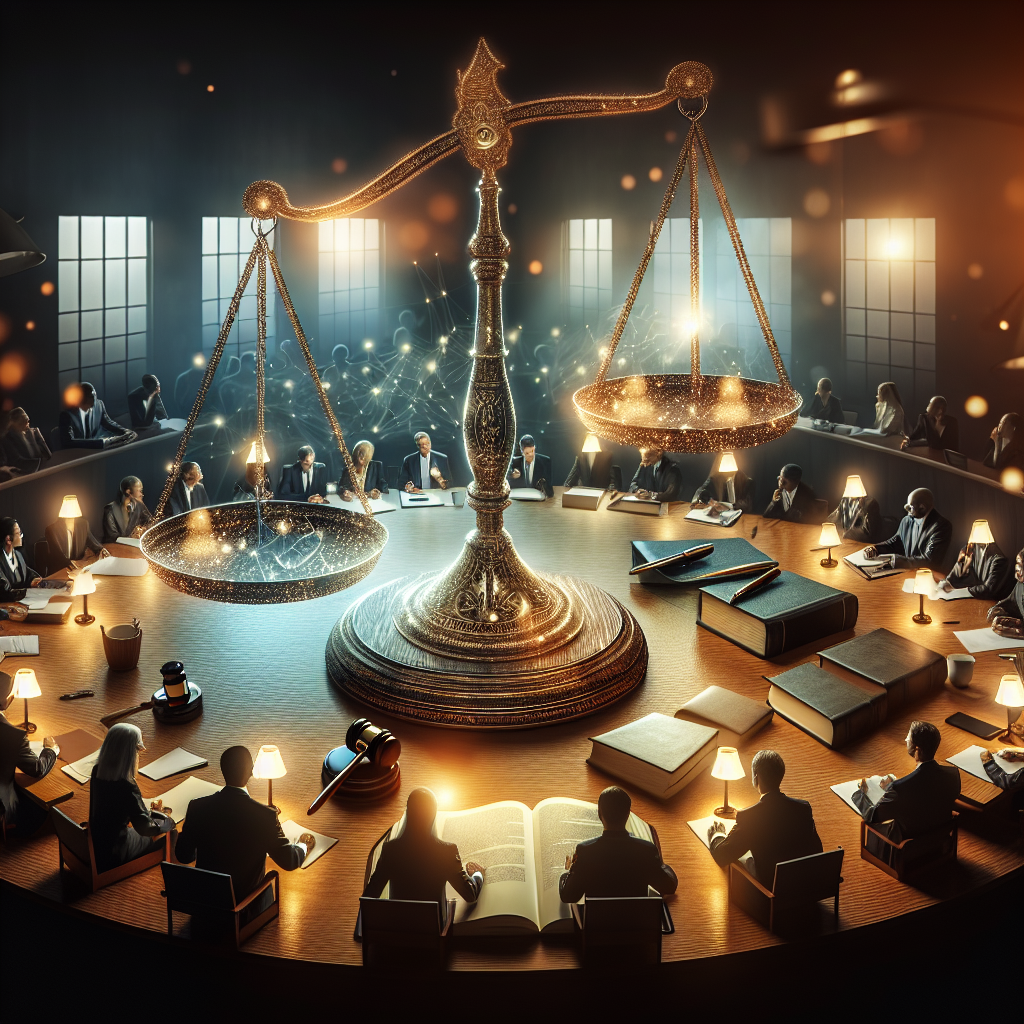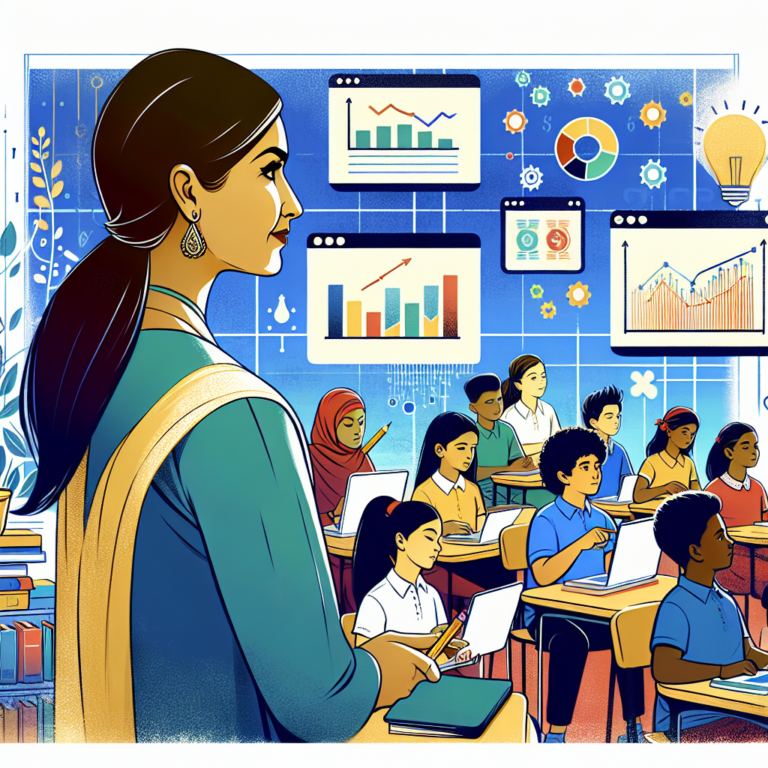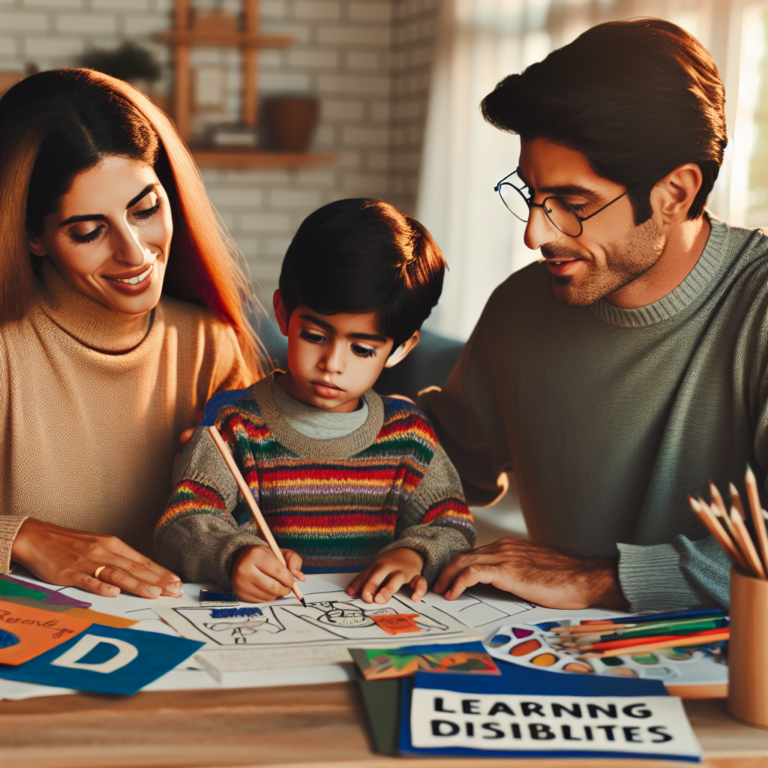
Introduction
Imagine standing in a courtroom, the air thick with tension as the jury takes their seats. The stakes are high, with each juror holding the power to shape the outcome of a case. In these moments, each choice becomes crucial. Welcome to the world of jury selection—an often-overlooked aspect of trial preparation that can make or break a case. Mastering the art of jury selection is not merely about choosing individuals; it’s about understanding psychology, strategy, and the nuanced art of consultation.
In this article, we will delve into the profound significance of effective jury selection and the indispensable role that consultation plays in this intricate process. You will discover insightful strategies and real-world applications that underscore the importance of collaboration, planning, and expertise. By the end, you’ll grasp why mastering the art of jury selection is essential for legal professionals vying for success in the courtroom.
Understanding Jury Selection
The Basics of Jury Selection
Before diving into why consultation is vital, let’s establish a foundation by understanding jury selection itself. Typically, the jury selection process can be broken down into several stages:
- Jury Pool Generation: Jurors are randomly selected from the community.
- Questioning of Jurors: Attorneys question potential jurors to discern biases and suitability for the case.
- Challenges for Cause: Lawyers can request the dismissal of jurors who demonstrate prejudices.
- Peremptory Challenges: Lawyers have a limited number of challenges to dismiss jurors without justification.
This process is both art and science, where an intricate blend of intuition, experience, and data analysis leads to the ideal jury composition.
Importance of Jury Selection
The jury is not just a random group of citizens; they are the arbiters of justice in a case. The composition of the jury can influence how the case is perceived and understood. This emphasizes a critical point: mastering the art of jury selection requires a strategic approach, with consultation being a cornerstone of success.
The Role of Consultation in Jury Selection
Building a Strategic Framework
Consultation is often a neglected component of trial preparation. Engaging with experts—whether they are jury consultants, psychologists, or seasoned attorneys—can provide invaluable insights that significantly affect jury selection outcomes.
- Expert Insight: Experts can offer feedback on jury demographics and psychological factors that may influence juror decision-making.
- Tailored Approach: Consultation allows for a jury selection strategy that is custom-fit to the particulars of the case. Tailoring your approach increases the likelihood of selecting jurors whose backgrounds resonate with the narrative you wish to present.
Case Study: The Impact of Consulting
Consider the case of State v. Koenig, where a prominent defense attorney engaged a jury consultant to analyze the traits of potential jurors in a highly publicized murder trial. Utilizing data analytics to explore background information, biases, and views on crime, the consultant provided strategic recommendations for selecting jurors who were more likely to empathize with the defense’s position.
Analysis: This case illustrates how leveraging consultation can lead to informed decisions that align with trial strategy, ultimately enhancing the chances of a favorable outcome.
Diverse Methods of Jury Consultation
Utilizing Data Analytics
In today’s digital era, data analytics has transformed the jury selection process. Advanced software can sift through vast amounts of data to identify patterns and juror tendencies.
- Profiles and Perceptions: Modern solutions can provide profiles of potential jurors based on demographic information, social media activity, and previous experiences with the legal system.
- Risk Assessment: By understanding which juror profiles are more likely to sway the jury, attorneys make informed choices on who to retain or dismiss.
Focus Groups and Mock Trials
Conducting mock trials or focus group sessions can provide a practical insight into how different juries might react to specific arguments or evidence presented in a case.
- Trial Simulation: Engaging a diverse group to role-play as jurors enables attorneys to gauge reactions and refine arguments before the actual trial.
- Testing Assumptions: This method allows attorneys to test their hypotheses, helping to identify potential blind spots in their case or arguments.
Case Study: In a civil litigation case, a legal team conducted mock trials with varied jury compositions, which revealed unforeseen weaknesses in their strategy that they adjusted before the actual trial.
Analysis: The focus group highlighted the utility of simulation in refining jury selection to meet specific case dynamics, demonstrating the importance of consultation in preparing more effectively.
Effective Questioning Techniques
Crafting Jury Questions
Incorporating expert guidance into the questioning process can heighten the effectiveness of juror interviews.
- Open-Ended Questions: These enable jurors to express their attitudes and biases freely.
- Follow-Up Probes: Encouraging jurors to elaborate provides deeper insights into their biases.
Understanding Juror Biases
Awareness of common juror biases—whether related to race, gender, socio-economic background, or personal experiences—is essential for crafting insightful questions and selecting an impartial jury.
- Implicit Bias Training: Engaging in training sessions to recognize and mitigate biases can yield better jury outcomes.
- Continuous Learning: Understanding evolving social perspectives and cultural shifts ensures a more nuanced juror assessment process.
The Art of Persuasion in Jury Selection
Storytelling Techniques
Storytelling is a potent tool in legal narratives. The consultation process can help refine the story that resonates with jurors.
- Creating a Connection: Positioning your client’s story in a relatable manner helps jurors establish a personal connection.
- Emotionally Engaging: Evoking empathy through storytelling draws jurors into the narrative, fostering goodwill toward the defense or prosecution.
Case Study: The Power of Storytelling
In People v. Reyes, the prosecutor focused on vivid storytelling to influence jury perceptions. With the help of a communications consultant, key narratives were articulated in ways that engaged jurors’ emotions and perspectives.
Analysis: The strategic use of storytelling combined with expert consultation facilitated a narrative that jurors found compelling, shifting the case dynamics favorably.
Building Relationships with Jurors
Establishing Rapport
Creating a personal connection with jurors can lead to greater trust and receptiveness.
- Relatable Communication: Establishing approachable and relatable communication fosters a positive atmosphere during questioning.
- Active Listening: Demonstrating genuine interest in juror responses bolsters rapport-building.
Training for Attornies
Consultations can provide attorneys with training on interpersonal communication skills, enabling them to engage jurors more effectively.
- Public Speaking Workshops: Enhancing communication skills can improve jurors’ perceptions and overall engagement in the trial.
- Empathy Development Sessions: Training focused on understanding perspectives aids in building rapport with jurors.
Evaluating and Adapting Jury Selection Strategies
Post-Trial Analysis
Conducting a thorough review of jury selection processes following a trial can yield insights for future cases.
- Success Metrics: Understanding which strategies were effective—and which were not—offers learning opportunities.
- Continuous Improvement: Adaptation of strategies based on past performance leads to improved outcomes in future jury selections.
Conclusion
Mastering the art of jury selection is a multifaceted endeavor that requires a blend of strategic insight, psychological understanding, and expert consultation. With the right approach, legal professionals can significantly improve their chances of success in the courtroom. The importance of consultation cannot be overstated; it is an essential tool that informs jury selection.
Through the integration of data analytics, focus groups, expert questioning techniques, storytelling, and relationship-building, you can foster a more favorable jury composition. Remember, every juror has the potential to shape the narrative of justice; ensuring that this process is thoughtful and collaborative paves the way for more equitable outcomes in our legal system.
FAQs
What is jury selection?
- Jury selection is the process of choosing jurors for a trial, aiming to form a jury that is impartial and capable of delivering a fair verdict.
Why is consultation important in jury selection?
- Consultation provides expertise, insights, and strategies that enhance the jury selection process, leading to better outcomes.
How can data analytics assist in jury selection?
- Data analytics can analyze potential jurors’ biases, backgrounds, and tendencies to inform selection strategies.
What role does storytelling play in jury selection?
- Storytelling engages jurors’ emotions and fosters connections, making the narrative more relatable and compelling.
- How can attorneys improve their questioning techniques?
- Attorneys can refine their questioning through expert consultation, focusing on open-ended questions and follow-ups to uncover biases.
Ultimately, mastering the art of jury selection involves a commitment to learning, adapting, and valuing the role of consultation as a transformative tool for legal success.















